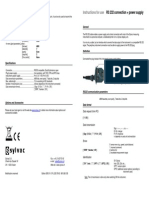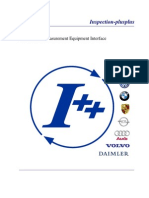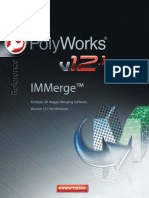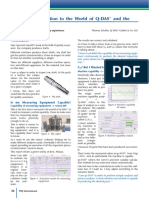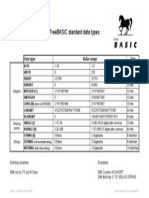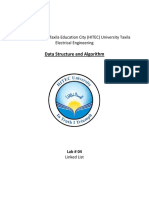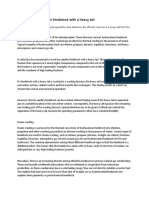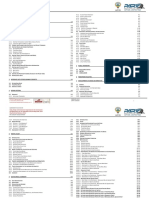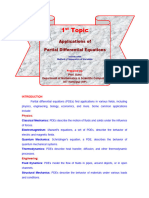0% found this document useful (0 votes)
283 views14 pagesMemory Thinking For Rust
Memory thinking with Rust
Uploaded by
Vijay Manohar DogiparthiCopyright
© © All Rights Reserved
We take content rights seriously. If you suspect this is your content, claim it here.
Available Formats
Download as PDF, TXT or read online on Scribd
0% found this document useful (0 votes)
283 views14 pagesMemory Thinking For Rust
Memory thinking with Rust
Uploaded by
Vijay Manohar DogiparthiCopyright
© © All Rights Reserved
We take content rights seriously. If you suspect this is your content, claim it here.
Available Formats
Download as PDF, TXT or read online on Scribd
/ 14


